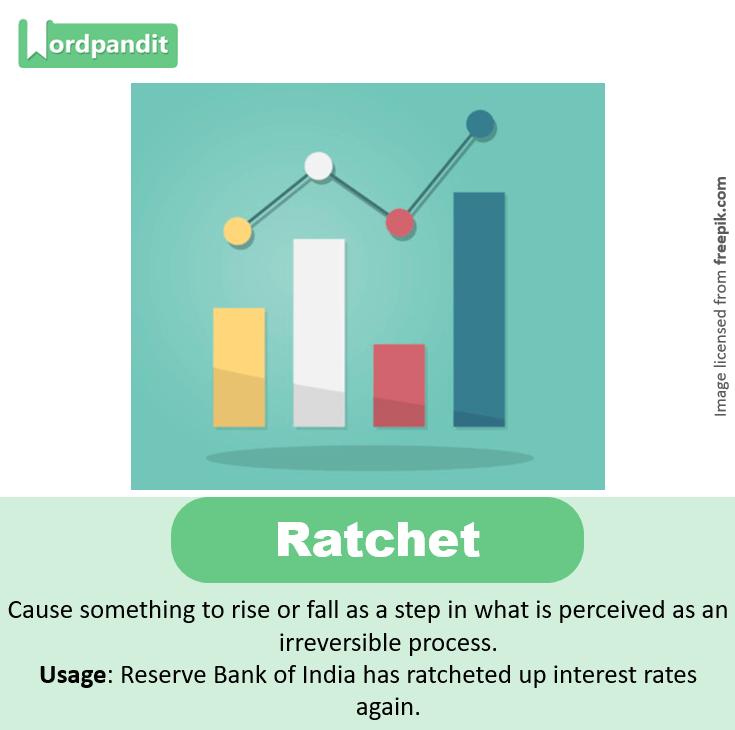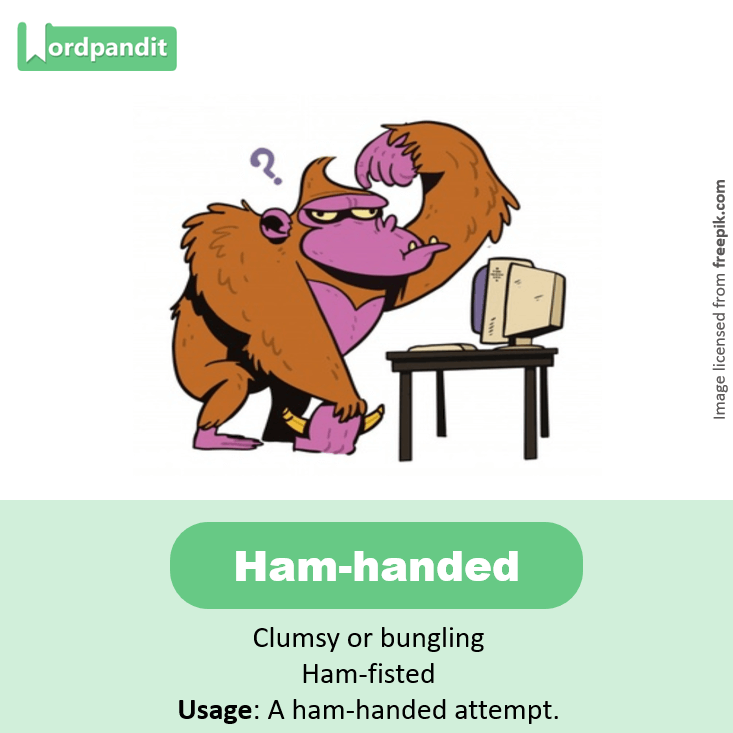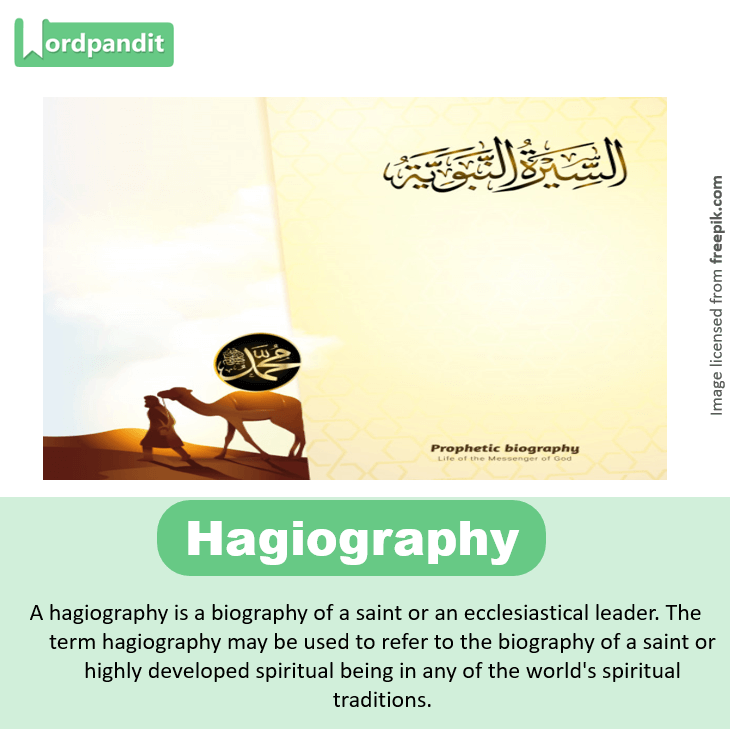1. Auger
• A tool resembling a large corkscrew, for boring holes in wood.
• A marine mollusc of warm seas with a slender tapering spiral shell.
Usage: So far, quickest results have been obtained when the composting was done in a closed container with the material stirred by a mixing auger.
2. Coercion
• Coercion is the practice of forcing another party to act in an involuntary manner by use of threats or force.
Usage: Recent history, however, suggests the existence of many relevant uses of military force besides conquest or even coercion
3. Cluster-munition
• A cluster munition is a form of air-dropped or ground-launched explosive weapon that releases or ejects smaller sub munitions. Commonly, this is a cluster bomb that ejects explosive bomblets that are designed to kill personnel and destroy vehicles.
4. Ratchet
• Cause something to rise or fall as a step in what is perceived as an irreversible process.
Usage: Reserve Bank of India has ratcheted up interest rates again.

5. Ham-handed
• Clumsy or bungling
• Ham-fisted
Usage: He failed miserably at a ham-handed attempt.
Synonyms: clumsy, bungling, incompetent, amateurish

6. Economic stratification
• Economic stratification refers to the condition within a society where social classes are separated, or stratified, along economic lines. Various economic strata or levels are clearly manifest.
• Economic stratification should not be confused with the related concept, economic inequality.
• This deals with the range of wealth, rather than the existence of distinct strata.
7. Cosmopolitanism
• Cosmopolitanism is the ideology that all human beings belong to a single community, based on a shared morality. A person who adheres to the idea of cosmopolitanism in any of its forms is called a Cosmopolitan or Cosmopolite.
• A person who adheres to the idea of cosmopolitanism in any of its forms is called a Cosmopolitan or Cosmopolite.
8. Multiculturalism
• Multiculturalism is the co-existence of diverse cultures, where culture includes racial, religious, or cultural groups and is manifested in customary behaviours, cultural assumptions and values, patterns of thinking, and communicative styles.
9. Hagiography
• A hagiography is a biography of a saint or an ecclesiastical leader. The term hagiography may be used to refer to the biography of a saint or highly developed spiritual being in any of the world’s spiritual traditions.

10. Impinge
• Have an effect, especially a negative one.
Usage: Over time, we will better incorporate the new economic-theory developments as the practices they describe impinge.
Synonyms: affect, have an effect on, have a bearing on, touch, influence.
11. Appellate
• Especially of a court concerned with or dealing with applications for decisions to be reversed.

12. Dialogical analysis
• Dialogical analysis, or more precisely dialogical interaction analysis, refers to a way of analysing human communication which is based on the theory of dialogism.
• The approach has been developed based on the theoretical work of George Herbert Mead and Bakhtin.
13. Atrophy
• Atrophy is the general physiological process of reabsorption and breakdown of tissues, involving apoptosis.
• When it occurs as a result of disease or loss of trophic support because of other diseases, it is termed pathological atrophy, although it can be a part of normal body development and homeostasis as well.
14. Democratic Centralism
• Democratic centralism is a Leninist democratic practice in which political decisions reached by voting processes are binding upon all members of the party.











